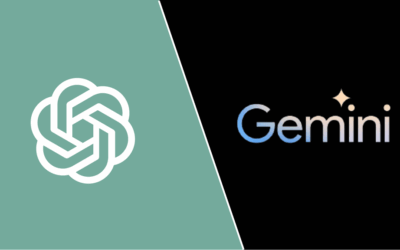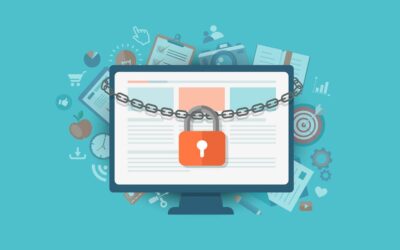Will AI Replace Jobs? What the Data Really Says

The rise of artificial intelligence has sparked widespread concern about job loss and workforce disruption. Many people wonder whether AI will eventually replace human workers across industries. While it’s true that AI is transforming how we work, the idea that machines will take over all jobs is more complex than it seems. The answer lies in how AI changes job roles, industries, and the skills required rather than simply replacing workers.
The Fear of Automation
The fear that machines will take human jobs isn’t new. From the industrial revolution to the rise of computers, every major technological shift has caused concern about employment. However, history has shown that while some jobs become obsolete, others are created. AI is no different. According to a report by the World Economic Forum, automation and AI are expected to displace around 85 million jobs by 2025. But the same report also states that 97 million new roles may emerge during the same period—roles better suited to the new division of labor between humans, machines, and algorithms.
Jobs at Risk
It is true that certain types of jobs are more vulnerable to automation. Routine and repetitive tasks—especially those in manufacturing, data entry, and customer service—are the most likely to be automated. For example, AI-powered chatbots can handle basic customer queries without human intervention. Similarly, self-checkout systems in supermarkets reduce the need for cashiers. Even some areas of journalism and content creation are being automated through natural language processing tools.
However, AI doesn’t function well in areas that require creativity, critical thinking, emotional intelligence, or complex decision-making. Jobs in healthcare, education, arts, and advanced engineering are less likely to be fully replaced. Instead, these roles will evolve and adapt with the use of AI as a supporting tool.
Job Transformation vs. Job Loss
Rather than simply eliminating jobs, AI is changing the way many jobs are performed. This transformation requires employees to work alongside machines, using AI tools to enhance their productivity. For example, in the healthcare sector, AI can analyze medical images faster than a radiologist. But the radiologist is still essential for interpreting the results and making decisions based on them. In marketing, AI can analyze large volumes of consumer data, but human creativity is needed to develop a compelling campaign.
This shift means that many workers will need to reskill or upskill to stay relevant. Skills such as data literacy, digital communication, and tech management will become increasingly important. Businesses and governments have a responsibility to invest in training and education programs to prepare the workforce for these changes.
Industries Benefiting from AI
While some sectors are struggling to adapt, others are thriving because of AI. The tech industry, naturally, is seeing rapid growth in AI-related jobs, including machine learning engineers, data scientists, and AI researchers. Healthcare is also benefiting from AI tools that improve diagnostics and patient care. In agriculture, AI is being used to monitor crop health and optimize farming practices.
Finance, logistics, and transportation are experiencing major shifts thanks to automation. AI can detect fraudulent transactions, predict stock market trends, and even optimize delivery routes. Rather than replacing entire industries, AI is increasing efficiency and opening up new opportunities.
The Role of Policy and Ethics
Governments and organizations play a critical role in how AI impacts the job market. Without proper regulation and planning, the transition could increase inequality and lead to mass unemployment in certain sectors. That’s why responsible AI development is essential. Ethical frameworks should ensure transparency, fairness, and accountability in AI systems.
Moreover, public policies should support workers affected by automation through safety nets, education grants, and job placement services. Encouraging innovation while protecting workers will be key to managing the workforce transition smoothly.
Conclusion: A Shift, Not an End
So, will AI replace jobs? The reality is nuanced. Yes, some roles will disappear, especially those involving repetitive tasks. But far more roles will change or be created. The focus should not be on resisting AI, but on preparing for the changes it brings. Individuals who embrace lifelong learning and adapt to new tools will be well-positioned to thrive in the AI-driven future.
Rather than fearing AI, society must work toward a future where humans and machines complement each other. With the right investments in education, training, and ethical oversight, the rise of AI can be a powerful force for progress—not just for business, but for workers too.
















